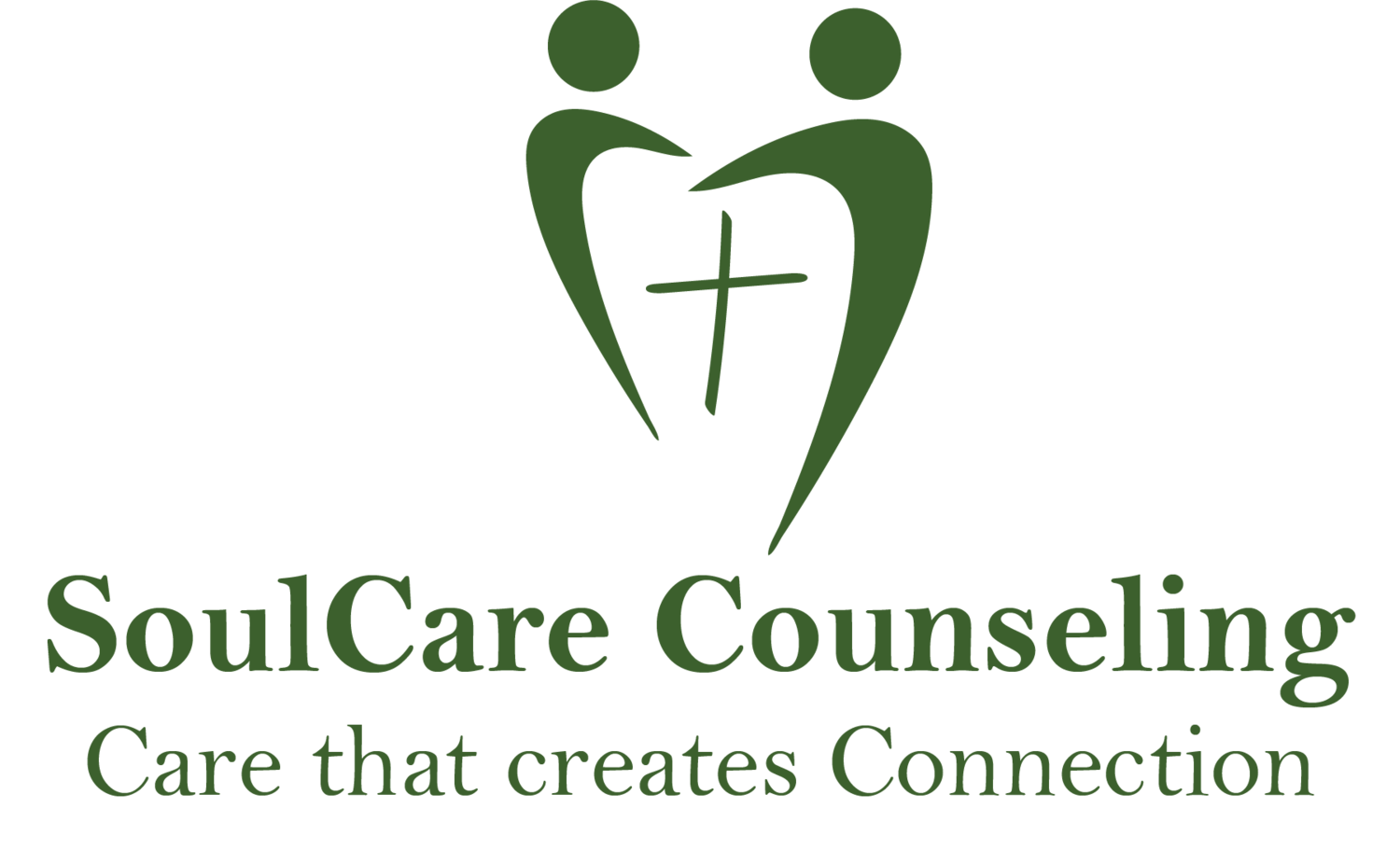What Is OCD?
At least since the 1960’s, television shows and movies have portrayed characters with Obsessive-Compulsive Disorder (OCD). I think of Felix Ungar in “The Odd Couple,” Melvin Udall in “As Good As It Gets,” Adrian Monk in “Monk,” Bob Wiley in “What About Bob,” and Sheldon Cooper in “The Big Bang Theory.” You can probably think of others.
The stereo-type of someone with OCD is a person who has to knock on doors a certain number of times, fold towels a certain way, repeat certain phrases, and is terrified of using public restrooms or touching surfaces. While ordering things and fears of contamination actually can be symptoms of OCD, those are just the tip of the iceberg of the kinds of obsessional thoughts that can plague people who suffer with this malady.
What Is OCD? A Brief Overview
What is OCD? According to the Mayo Clinic, Obsessive-Compulsive Disorder, or OCD, is a malady in which a person experiences unwanted thoughts and fears (obsessions) that cause repetitive behaviors (compulsions). These obsessions and compulsions interfere with a person’s daily activities and cause great distress.
A person with OCD may try to ignore the compulsions and stop the obsessions, but doing so only causes greater distress and anxiety so that ultimately the person has to perform the compulsive acts in order to relieve the stress. The more a person tries to ignore or eliminate their obsessive thoughts and compulsive behaviors, they stronger they become, which leads to more ritualistic behavior, which leads to further attempts to repress them, which leads to more ritualistic behavior, a vicious cycle.
Typically, OCD is based on certain themes such as fear of germs/contamination, which leads to compulsively washing hands until they become chapped and sore. There are an unlimited variety of obsessions that a person might fall into. Obsessions can be about anything, and oddly, they usually center around themes that are antithetical to the person’s true values and desires. This is why it becomes rooted in their brain in the first place. They get a thought and know that it is the last thing they would ever want to do, but the thought sets off an emotional alarm in them followed by physiological sensations, which reinforce in the brain the idea that it is not a random thought but is meaningful and potentially dangerous. This causes the same thought to return and become frequent.
Common OCD Themes And Thoughts
OCD tends to have common themes, such as…
Fear of contamination
Difficulty tolerating uncertainty
Need for order and symmetry
Thoughts about losing control and harming self or others
Unwanted thoughts, including aggression
Some of the kinds of thoughts that are common in OCD are…
Worries that you will get germs from touching something others have touched
Doubts that you've locked the door or turned off the stove
Intense stress when objects aren't orderly or facing a certain way
Images of driving your car into a crowd of people
Thoughts about shouting obscenities or acting inappropriately in public
Unpleasant sexual images
Avoidance of situations that can trigger obsessions, such as shaking hands
Unfortunately, the government’s responses to Covid-19 triggered these kinds of obsessions in many people suffering with OCD and worsened their condition.
What Are The Signs Of OCD?
Some of the repetitive behaviors people with OCD feel driven to perform are things like…
Washing and cleaning
Checking
Counting
Orderliness
Following a strict routine
Demanding reassurance
Ironically, these compulsions often do not logically relate to the problem they’re intended to fix. Some examples of compulsions are…
Hand-washing until your skin becomes raw
Checking doors repeatedly to make sure they're locked
Checking the stove repeatedly to make sure it's off
Counting in certain patterns
Silently repeating a prayer, word or phrase
Arranging items to face the same way, be spaced evenly and straight/level
The Shame of OCD
But what is OCD beyond the obsessive thoughts and compulsive behaviors? There is also the fear, guilt, and shame that accompanies OCD. People with OCD carry dreadful secrets which they cannot bear to share: they might have thoughts about harming their children that keep them from being able to make them sandwiches for lunch because it would require using a knife, they might have thoughts about driving a car into a crowd that keep them from being able to drive themselves to work, they might have thoughts about shouting obscenities to strangers that keep them from leaving the house. They worry all the time about what would happen if these thoughts were disclosed.
No wonder the average time that a person with OCD suffers before seeking treatment is seventeen years. That’s nearly two decades of suffering in silence. It is heart breaking.
The Good News About OCD
The good news about OCD is that it is one of the most well-understood and treatable issues in the field of mental health. With consistent sessions with a licensed therapist, you can live a high functioning life. At SoulCare Counseling, using Emotionally Focused Therapy, we can help you break the cycle of Obsessive-Compulsive Disorder by tracking thought patterns, uncovering hidden fears and other emotional trauma, and validating suppressed feelings.
If you are struggling with OCD, I urge you to read more about anxiety treatment and then reach out to us to schedule a free thirty-minute consultation to get you started on the road to recovery.
Amber Bezney is a Licensed Professional Counselor-Associate under the supervision of Dr. Bernis Riley, LPC-S and Certified EFT Therapist. She holds a Masters of Education in Marriage and Family and Couples Counseling. Amber is currently taking new clients.



